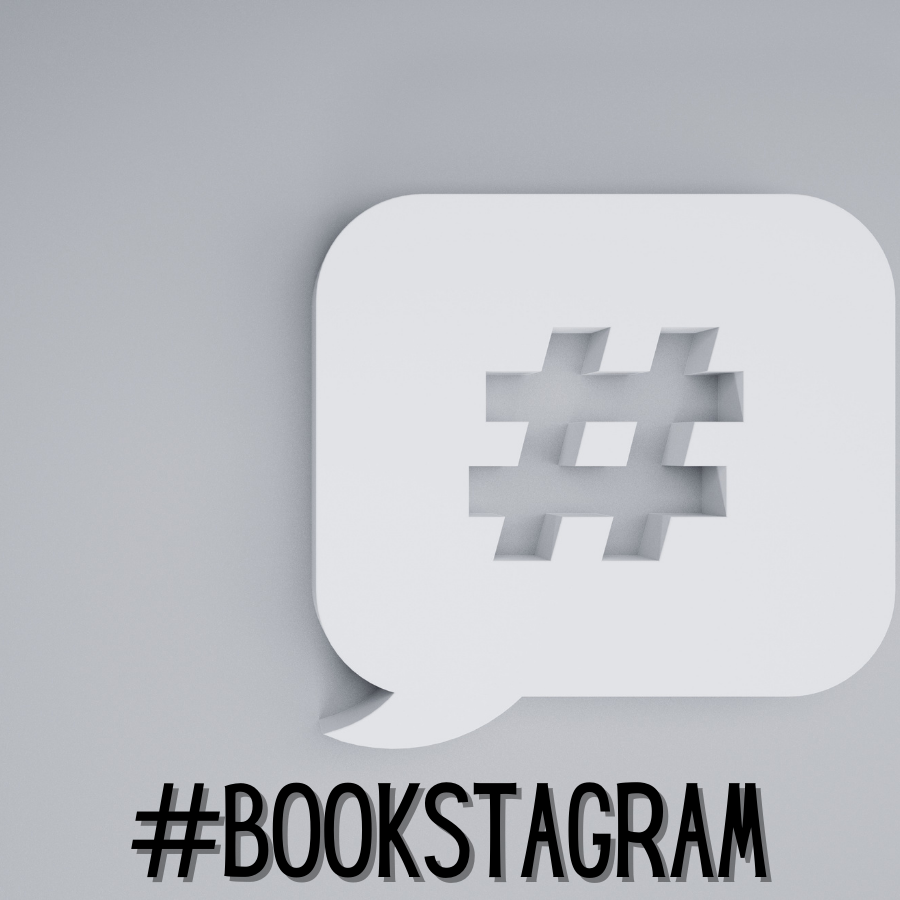#Bookstagram is this magical corner on Instagram where book nerds come together and talk about books. You can find very aesthetically pleasing images of books and lust after meticulously organized shelves. Also, selfies of people reading in the most unrealistic places!
I started my journey on #bookstagram when I started my first book blog three years ago. I didn’t realize so many people still read books! I didn’t know there were so many different ways to stage a book!
There are so many talented creators on the ‘Gram. I always wonder how they have time to create elaborate posts while maintaining a full-time job, relationships, and mental health. Oh how I wish I could create for a living.
And as magnificent #bookstagram is, there is a shadow side. There are some real politics involved in who the Instagram algorithm boosts and who can actually afford to create this content for a living.
Disclaimer: the following is based on my very unscientific observations and opinions. I link to some cool think pieces with a little more legitimacy.
Who is the crème of the crop?
It’s not a big mystery which influencers have the biggest following. It’s white women. There are many racial disparities when it comes to influencer marketing. #Bookstagram and the publishing industry are no different. Of course, who are identified as influencers and their perceived audience plays a role in the types of books that get promoted. Obviously the books that get boosted are the ones that the most popular market (77% of readers are women and 76% are white) will ~relate~ to. And because white is classified as the universal experience. While I originally appreciated the concept of #ownvoices (there has been backlash), white books written by white people don’t have to be classified as #ownvoices for a reason…
Sponsored content
Sponsorships are hard to come by. Sponsors want big followings, which makes sense, duh. You already know who has the most followers on IG. #Bookstagram is a lucrative place to sell products. But this creates a cycle of perpetuating the same books over and over, keeping books by historically marginalized voices marginalized. Because of the larger followings white women #bookstagrammers have, they are able to make more money.
And even when a lesser known #bookstagrammer manages to snag a sponsor to be adequately compensated for their amazing content, their posts get lower engagement because they’re coming across as “sales-y” (thanks @tomesandtextiles for enlightening me on this concept), making it harder to get a sponsorship in the future. On the flip side of that, publishers give sponsorships to white influencers for books by marginalized authors (e.g. letting them host giveaways, etc.), taking opportunities from #bookstagrammers of color (thanks @shellysbookcorner for enlightening me on this concept).
May the algorithm ever be in your favor
Did you know that Instagram actively limits you from seeing content social justice oriented content? This is a nasty side-effect of an attempt to limit content that spreads hate. I personally have seen this effect when my followers on my own page went up, but my reach and interactions went significantly down. “Algorithms of Oppression” (first introduced in the book by Safiya Umoja Noble) is responsible for this. Humans code these algorithms, and their biases seep through. Search engine tools are blocking terms like “black lives matter”, “white privilege”, “sex education”, and others. These platforms are intentionally limiting crucial content and conversations, hence why I didn’t see many conversations about books and social justice happening outside of the people I had already sought out to follow.
So what can I do?
If you want to help amplify books written by marginalized authors, #bookstagrammers from historically marginalized identities, and critical conversations happening on social media through the lens of literature, you can do some of the following:
- Seek out and follow marginalized #bookstagrammers. Engage with their content and share it with others.
- Buy books written by marginalized authors. Bonus points if you buy them from independent bookstores owned by women, LGBTQ+ folks, and BIPOC booksellers.
- Listen to the perspectives of folks from marginalized identities. We are not making this shit up, and we are not looking for invalidating and gaslighting opinions.


